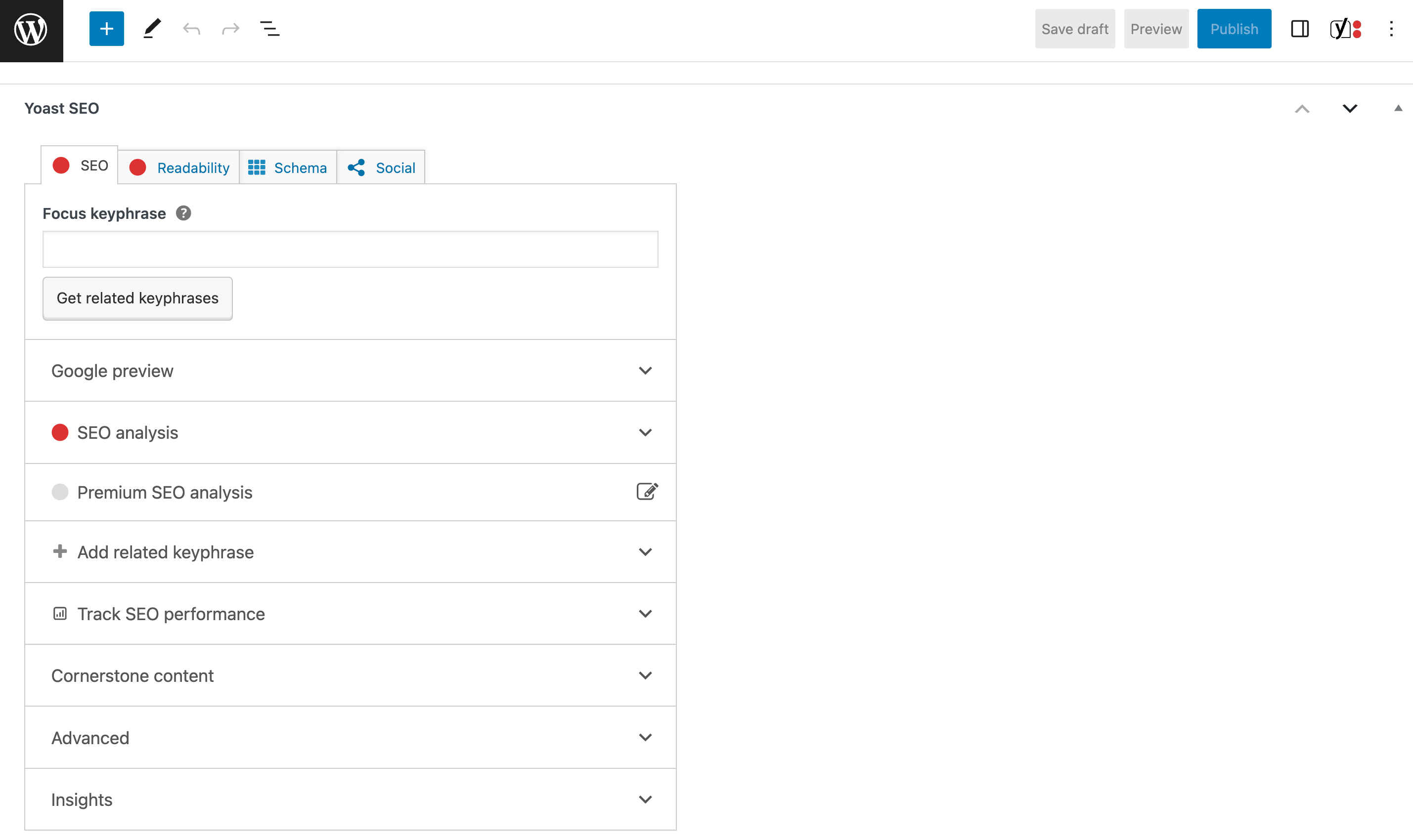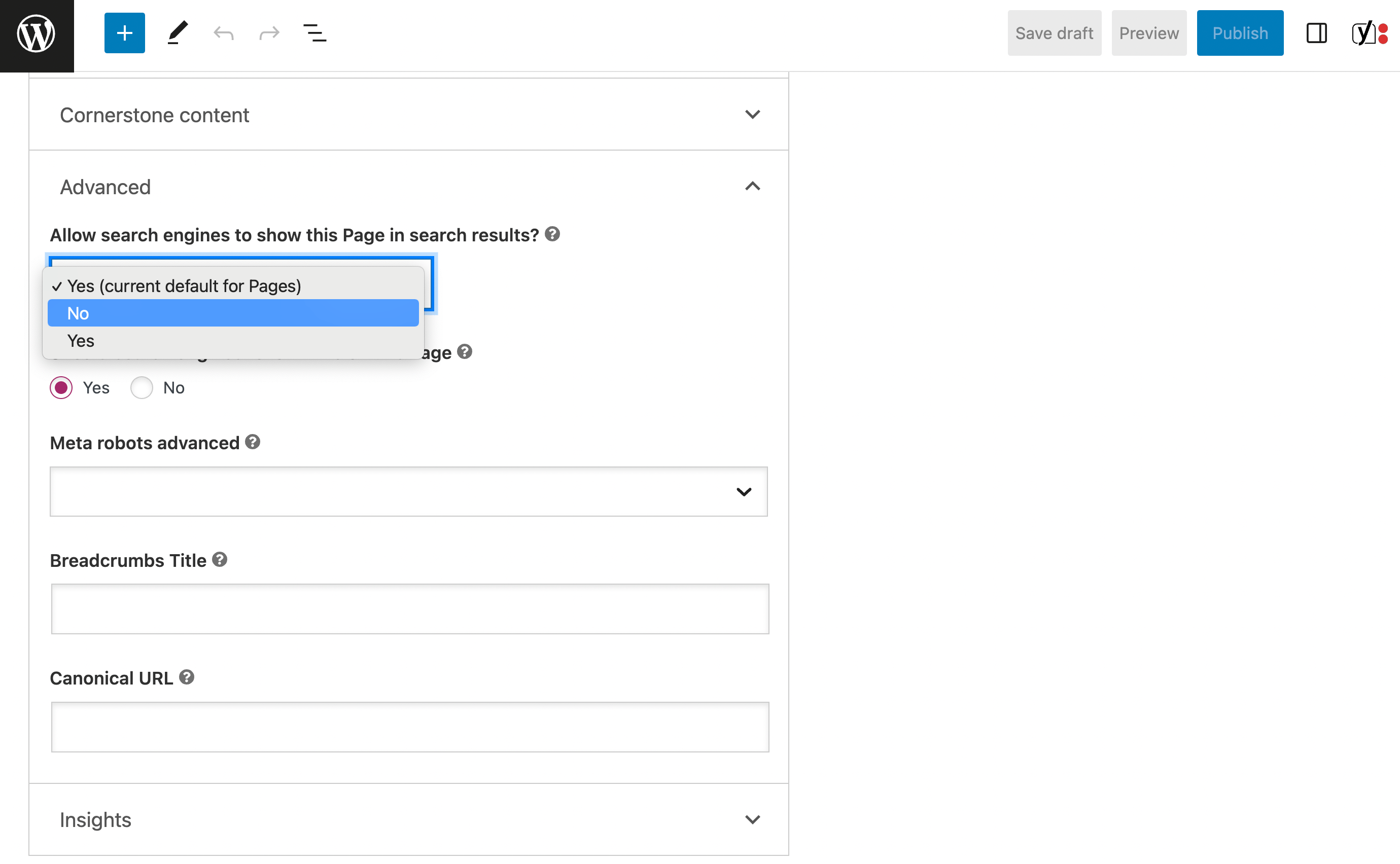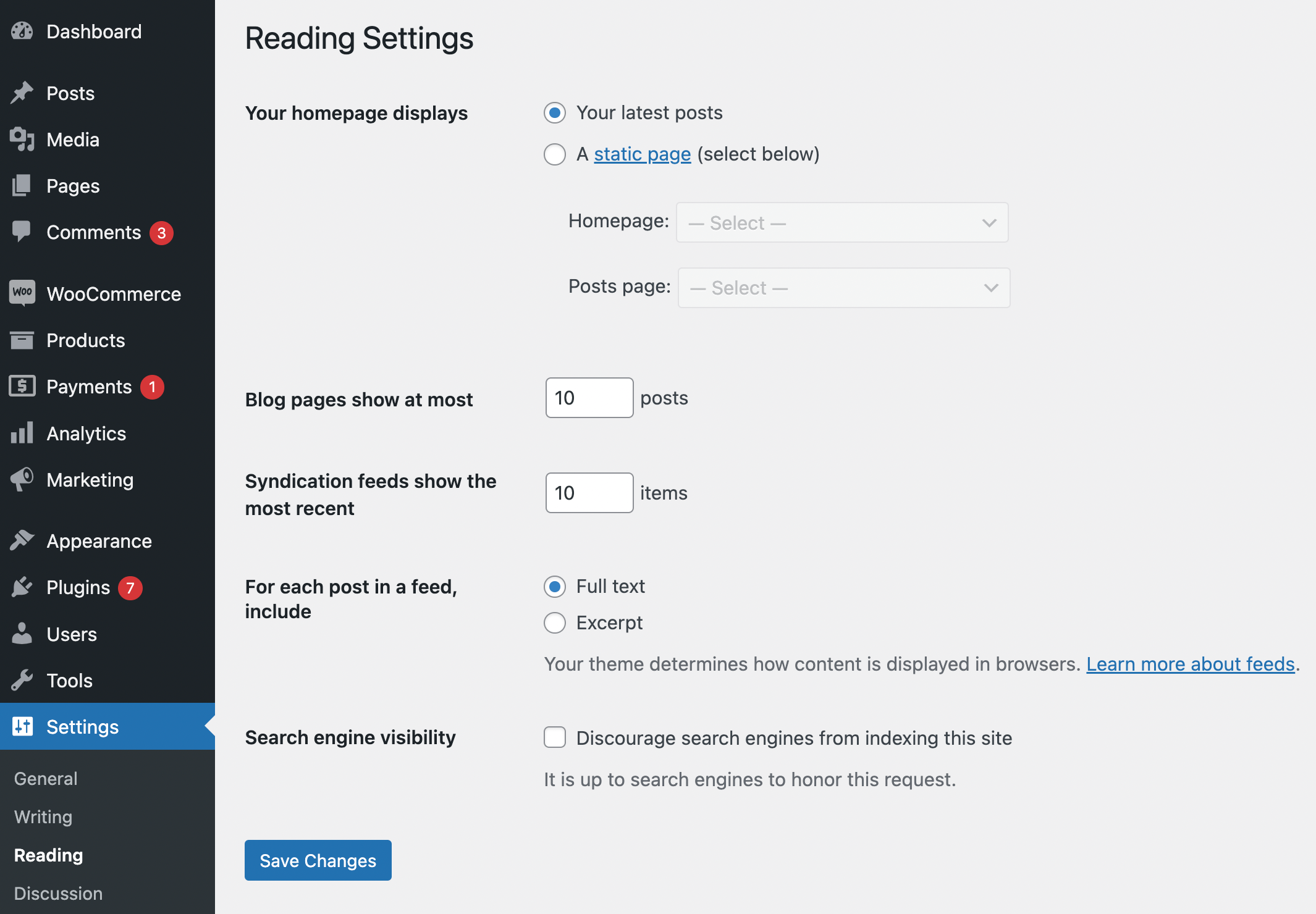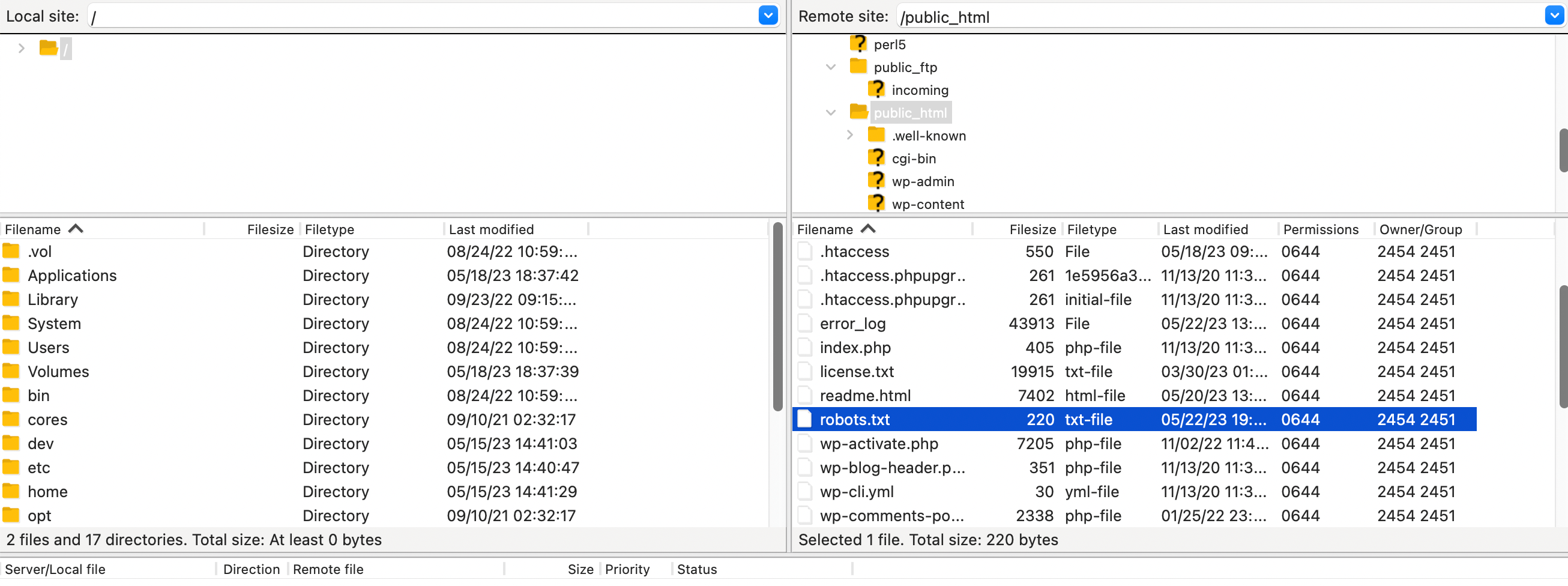If you want end users to come across your articles organically in search results, you are going to need to have to assure it’s optimized. This way, it can be crawled, indexed, and then ranked by search bots. Nonetheless, there are selected items that you could want to maintain out of search final results. Hence, you may be wanting to know how to no index WordPress pages or posts.
The fantastic news is that it’s pretty uncomplicated to do, and there are a number of unique approaches you can take. For example, you can use a plugin or the indigenous WordPress settings.
Why would you no index WordPress internet pages and posts
If you take care of a WordPress web-site, possibilities are you have learned a little bit about look for motor optimization (Website positioning). This is the exercise of optimizing your web page so that search engines can very easily come across your web pages and posts.
There are lots of facets to a superior Website positioning approach. But, the initial step is to make sure that look for engine bots can locate and crawl your information. When they do, they’ll be equipped to index and rank it.
Nevertheless, there are some conditions exactly where you may well not want your written content to show up in lookup effects. Let’s take a look at a few factors:
- Copy articles. Most of the time search engine bots can distinguish which is the most critical when it comes to identical internet pages. On the other hand, they can even now erroneously flag something as duplicate information. For instance, if you provide plenty of identical items, they may possibly be puzzled by these product webpages. This can negatively affect your site’s functionality in rankings.
- Search term cannibalization. If you accidentally target the exact same key word on several web pages, this is referred to as “keyword cannibalization.” This can confuse look for motor bots, triggering them to prioritize the completely wrong web pages or posts.
- Slender information. This kind of content does not deliver genuine worth to end users who may possibly obtain the web page in their research final results. For example, there’s no need to have for thank you webpages and purchase affirmation pages to make it into the rankings.
- Privateness security. If you are managing a personalized web site or website, you could possibly not want it to be searchable. For illustration, if you are applying a web site to doc a health and fitness journey or maintaining a journey diary, this could possibly only be for buddies and spouse and children.
So, you may want to consider preserving your internet pages out of lookup motor outcomes. Just one of the most effective ways to do this is by halting Google from indexing your written content entirely.
How to no index a WordPress webpage or post
Now that you’re common with some of the eventualities in which it may possibly be correct to no index WordPress pages or posts, let’s go above three means you can do it!
- Utilizing the Yoast Website positioning plugin
- In your WordPress configurations
- Using the robots.txt file
1. Working with the Yoast Search engine optimisation plugin
By significantly the best way to no index a WordPress page or write-up is utilizing an Search engine marketing plugin that delivers this attribute. With more than TK downloads, Yoast Search engine optimization is a person of the most well known (and really rated) Seo equipment that presents you this possibility.
After you have put in and activated the plugin, simply open up the page that you’d like to exclude from indexing. You really should now see the Yoast Search engine optimization panel at the base of the screen:

Simply extend the Superior part, and you are going to see the Allow for lookup engines to exhibit this Page in look for results? selection:

By default, this will be set to Certainly (present default for all Web pages). In the dropdown menu, basically select No. This routinely sets the site to no index.
Now, either Publish or Update the website page to help you save your improvements. That’s it! The system is the exact for WordPress posts.
2. In your WordPress settings
Future, let’s see how you can established a page or post to no index in your WordPress options. To do this, navigate to your WordPress dashboard.
Go to Settings > Examining:

Scroll down to the base of the site, and you are going to uncover the area labeled Look for engine visibility. All you have to do is check the box subsequent to Discourage look for engines from indexing this site. Then, strike Preserve Adjustments:

Nevertheless, when making use of this approach, there are two vital factors to preserve in intellect.
Initially of all, as the disclaimer states, it is up to search engines to honor this ask for. Next, when you enable this environment, it will be used to your total internet site.
Hence, it could only be valuable if you want to no index WordPress for privateness factors. In any other case, a extra qualified strategy will likely be greater.
3. Working with the robots.txt file
The very last way to no index WordPress internet pages and posts is by modifying your robots.txt file. Even so, if you’re a WordPress rookie, this process is not recommended, as it needs you to obtain and modify web page data files.
To start, you are going to want to very first make a again up of your web-site, just in case something goes incorrect throughout this system. Following, you are going to want to join your site to a File Transfer Protocol (FTP) customer like FileZilla.
Then, track down your root directory folder, which should be labeled public_html:

Within this folder, you will come across the robots.txt file. If you never previously have a robots.txt file, you can generate a single.
Immediately after that, you will need to incorporate a rule to your robots.txt file that tells lookup motor bots not to crawl the webpage or article in concern. To do this, open up the robots.txt file working with your editor and include the pursuing traces to the leading:
User-agent: *
Disallow: /your-publish-or-site-urlIn this article, the asterisk signifies all possible bots. Meanwhile, you are going to need to modify the Disallow line to contain the website page or post you want to exclude. Just after you have designed your changes, make positive to help you save them and then re-add the file.
Preserve in head, however, that this method doesn’t assure that your web site or submit won’t be indexed at all, it usually means it will not be crawled. So, it can still wind up in lookup benefits. For example, this may occur if another person else inbound links to it.
In actuality, Google doesn’t propose this system for no indexing information specifically. Still, you might want to use this technique to protect against your web site from acquiring overloaded with requests.
Summary 🎯
Search engine optimization can be an excellent way to improve your site’s visibility organically. Even so, there are sure internet pages and posts that are greatest remaining out of lookup final results. Also, you might operate a a lot more personalized web-site or weblog that is not meant for bigger audiences.
The good thing is, you can simply no index WordPress internet pages and posts. The most straightforward and most economical way to do this for specific webpages or posts is applying the Yoast Search engine marketing plugin. However, if you want to block indexing for your complete WordPress site, you can do this in your WordPress options. Last of all, highly developed customers can check out incorporating a directive to the robots.txt file.
👉 Alternatively, if none of these methods match your needs, you may well want to create a non-public submit instead.
Do you have any thoughts about how to no index WordPress web pages and posts? Permit us know in the opinions area down below!